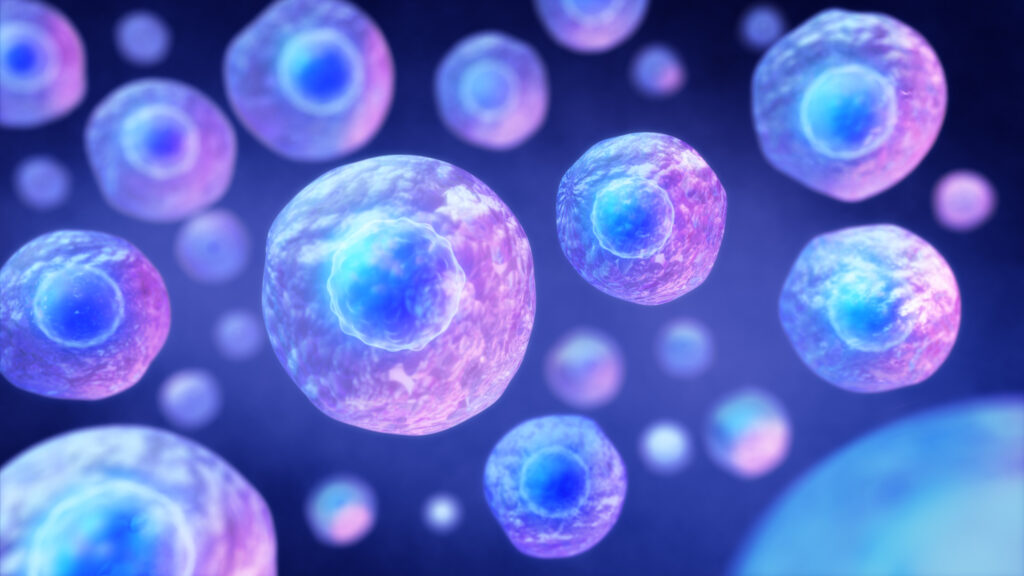Mesenchymal stem cells (MSCs) are emerging as a promising avenue in the quest for novel therapies to combat solid organ transplant rejection. Despite their potential, the clinical application of MSCs in humans has faced numerous challenges that have hindered their widespread use. Recent advancements in understanding MSC-derived extracellular vesicles (EVs) provide a new perspective, as these vesicles seem to overcome many of the limitations associated with direct MSC therapies. However, until now, clinical investigations into the effectiveness of MSC-derived EVs have been limited.
In a groundbreaking study, researchers have begun to explore the therapeutic potential of MSC-derived EVs for patients experiencing graft rejection and inflammation following bowel transplants. This study reports the treatment of two patients whose conditions were deteriorating due to post-transplant complications. The authors, Steven Levitte, Ke-You Zhang, Alix A Guevara-Tique, Abantika Ganguly, Ben W Dulken, Riya Nilkant, Martina Rigmaiden, Radhika Kumari, Khalil Khlifi, Avnesh S Thakor, and Clark A Bonham, conducted the investigation at Stanford University, where they harnessed the properties of MSC-derived EVs in their clinical approach.
The use of MSC-derived EVs represents a significant shift in transplant medicine. These vesicles are known to carry bioactive molecules that can modulate immune responses, promote tissue repair, and reduce inflammation. In the context of organ transplantation, where rejection is a significant hurdle, the immunomodulatory properties of MSC-derived EVs could play a crucial role in improving graft acceptance and patient outcomes.
The cases presented in this study provide valuable insights into the potential of MSC-derived EVs as a therapeutic option for transplant rejection. Both patients showed favorable responses to the treatment, suggesting that these vesicles may indeed offer a novel strategy to address the complex challenges of organ transplantation.
Despite the promising results, further research is essential to fully understand the mechanisms underlying the effects of MSC-derived EVs and to establish standardized protocols for their clinical use. The authors emphasize the need for larger clinical trials to validate their findings and investigate the long-term benefits and safety of this innovative therapy.
As the medical community continues to explore the potential of MSC-derived extracellular vesicles in transplant medicine, this study marks a significant step forward, paving the way for future research and potential breakthroughs in the management of organ transplant rejection. The hope is that, with continued investigation, MSC-derived EVs could become a standard part of transplant protocols, improving the quality of life for countless patients facing organ rejection.


